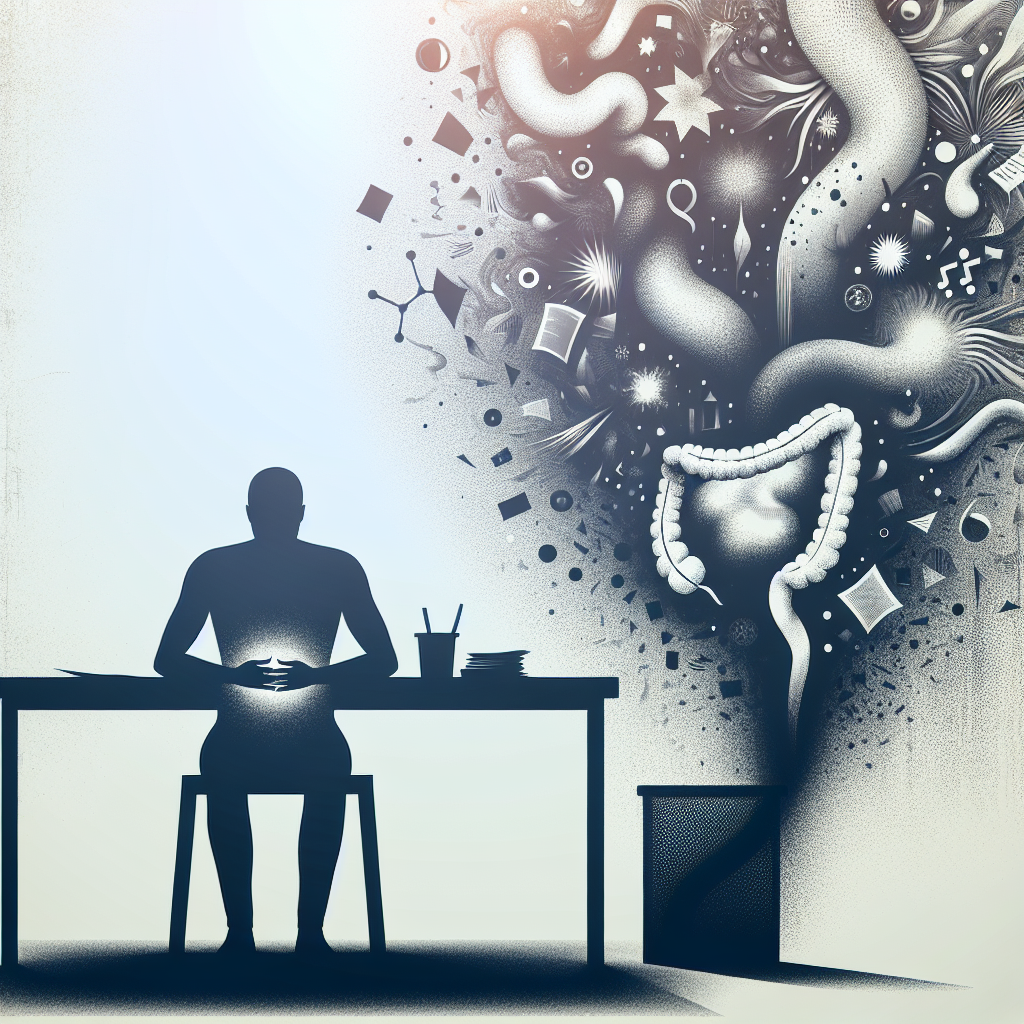An uneasy churn, a gripping knot, or a sharp twinge — many people wonder what does anxiety stomach pain feel like when the body reacts to worry. These sensations can vary from dull ache to cramping, and they often come with other signs of nervousness such as sweating or a racing heart. Understanding the sensations and why they happen can help you respond more effectively and reduce panic about physical symptoms.
What anxiety stomach pain feels like and where it occurs
Descriptions of anxiety stomach pain often reference the upper belly, lower abdomen, or a vague central pressure — the anxiety stomach pain location can feel diffuse. Some people feel a tight band across their midsection, others report sharp, localized pain, and many experience nausea or the urgent need to use the bathroom. Anxiety and stomach responses are mediated by the brain-gut connection, where heightened stress alters digestion and muscle tension.
Common physical patterns
Typical ways the stomach reacts include:
- Cramping or spasms that feel similar to menstrual cramps
- A gnawing or burning ache in the upper abdomen
- Bloating, rumbling, or increased gas
- Nausea, sometimes leading to vomiting or loss of appetite
- Tightness or a “knot” in the stomach
Why these symptoms happen
When you’re anxious, your body shifts into a threat-response mode: heart rate rises, blood flow is redirected, and digestion slows or spasms. That interplay explains why stress stomach and stress related stomach pain occur. The autonomic nervous system directly affects gut motility and sensitivity, which is why does anxiety cause stomach pain can be answered with a clear “yes” for many people. If you have an underlying condition like irritable bowel syndrome, anxiety and stomach issues may be even more pronounced.
Questions people commonly search
To address typical worries, here are direct answers to frequently typed queries: can anxiety cause a stomach ache — yes, anxiety can trigger abdominal pain and discomfort. People also ask can anxiety cause abdominal discomfort, can anxiety cause stomach issues, can anxiety cause stomach pain, and can anxiety cause stomach problems — all of which are possible because stress hormones affect the gut. Short, common variations include can anxiety cause tummy ache and can anxiety make your stomach hurt.
Longer concerns such as can stress and anxiety cause stomach cramps, can stress and anxiety cause stomach pain, and can stress cause stomach pain for days reflect how persistent or severe symptoms can be during prolonged stress. Likewise, can stress cause your stomach to hurt and can stress make your stomach hurt highlight the same brain-gut mechanism. For people with diagnosed conditions, questions like stomach pain and anxiety disorder or stress and anxiety stomach pain are especially relevant.
Practical ways to manage a nervous belly
When your stomach hurts from anxiety, immediate strategies can help reduce intensity. Techniques to calm a nervous stomach include diaphragmatic breathing, sipping warm non-caffeinated tea, gentle walking, and progressive muscle relaxation. Over the longer term, cognitive strategies, regular exercise, sleep hygiene, and dietary changes (reduce caffeine, alcohol, and trigger foods) can lower baseline reactivity.
If trembling or shaking accompanies the stomach symptoms, you may find additional relief from targeted grounding and stabilization techniques; resources on how to cope with those symptoms can be useful, for example guidance on how to stop shaking from anxiety — what you need to know.
When to seek medical care
Not all stomach pain is caused by anxiety. If pain is severe, persistent, accompanied by fever, blood in stool or vomit, fainting, or unexplained weight loss, see a provider promptly. For ongoing anxiety or when stomach pain and anxiety disorder interfere with daily life, professional treatment can make a big difference. The National Institute of Mental Health provides reliable information on anxiety disorders and treatment options at NIMH: Anxiety Disorders.
Quick tips and reminders
- Recognize the pattern: noting triggers and symptoms helps separate anxiety-related pain from other causes.
- Use short-term calming tools: breathing, distraction, and warmth can ease an acute episode.
- Track persistence: if symptoms last beyond a few days or worsen, consult a clinician.
FAQ
Q: Does anxiety cause stomach pain every time I’m stressed?
A: Not always. Some people experience stomach hurts from anxiety frequently, while others never do. Individual sensitivity, underlying GI conditions, and the intensity of stress all influence the likelihood.
Q: How can I tell if my tummy ache is from anxiety or something else?
A: Anxiety-linked pain often coincides with nervous symptoms (racing heart, sweating, worry) and may ease with relaxation. Sudden severe pain, fever, bloody stools, or weight loss suggest a non-anxiety cause and warrant medical evaluation.






